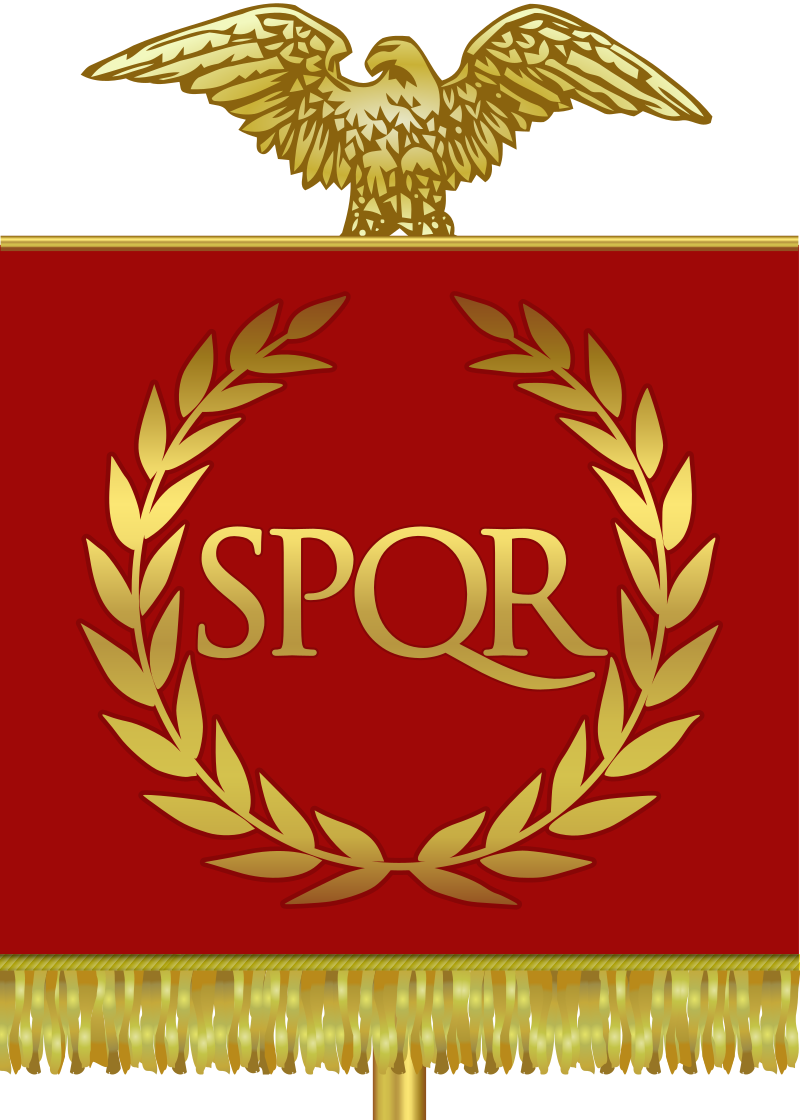
Always keeping in mind the importance of the classical period of Roman history, Vegetius suggests that the best soldiers are peasants in peace: they are more accustomed to the harsh reality of hard work for surviving, to the difficulties of a merciless and uncomfortable life. They are also well-motivated people not to die because they have a lot to lose. Even if it was not the subject of (fairly recent) studies, it was already clear in the past that humans considers the fear of loosing more relevant for making decision than betting to get something more. One strives for the defense of what already owns, rather than the love of risk for something better. According to the studies of neuroeconomics, this is true for a ratio of 2/1, so that peasants already have several virtues useful from a military point of view.
Therefore, Vegetius considers the virtues of three different categories: (a) physical, (b) mental from a military standpoint and (c) social. A soldier with a weak body will also be unable to fight and psychologically resist the adversities of war. Each military virtue considered reflects a substantially individual vision of the army: it is, in fact, qualities of the individual trained to exercise controlled force. Finally, the soldier is also susceptible to a sense of honor and loyalty. Indeed, Vegetius insists enough on the importance of loyalty and problems related to laxity among the ranks of the army, which entail sedition, one of the main obstacles to the proper functioning of the army. We will see that this is so important to determine a redundancy in the very structure of the army in the next post. In particular, the whole body of the legion must be animated by a single unitary spirit converging towards a single goal – what Sun Tzu would have called Tao.
Before moving on to point (a) of the definition EB* – an army is good if only if it is organized according to adequate structural rules -, let’s consider that Vegetius is an eminently practical thinker, who seeks solutions for contemporary problems. During the end of the 4th century AD the Western Roman Empire is now directed towards its definitively descending parable. Unlike the Eastern Roman Empire, which will survive the repeated invasions, immigrations and confusions, the Roman Empire as a whole will not return to its unity. Indeed, Justinian failed to reunite it during the 6th century AD.. However, Vegetius’ intention is to be seen in this line of continuity in an attempt to save and re-propose the unitary empire. To bring down an empire, it is not enough to disrupt a part of it, however large, but it must go into crisis in many aspects, all concomitant and only overall capable of explaining the definitive break of an established order. However, as Huizinga said, the contemporary persons and people see only the results of history as an infinite succession of errors and bad governance (a lesson always to be remembered).
For Vegetius’ contemporaries, there was nothing but a state of confusion and disorganization in the army (the main weapon of control and defense of the borders of the empire). If these were the premises to define and understand the problem, Vegetius draws the solution in the writings of the classics which, as we have seen above, are able to provide the right answers, in the typical Roman-Greek culture. Indeed, a human being would not find the time for finding all of them in a lifetime. Therefore, it must rely in what was already considered and discovered by the ancient people, understood as wiser and capable of long vision. Therefore, it is no coincidence that Vegetius finds his solutions to the military disarrangement in a substantially flattened past, that is the organization of the imperial army alongside the Republican era milites model with its consequent (moral, political and military) values. Then, as a consequence, the thematic nucleus became systematic in his analysis. However all this “historical introversion” was not for a dead interpretation of the past as a way to escape the evil of the present. History was an alive force to be used and discovered to increase the overall power of the military force and of the Roman Empire as such. At the end of the day, almost all the reflections on the art of war (especially the classic ones) arise substantially from the need to find a practical answer to urgent problems imposed by reason of state (variously considered from the perspective of the authors).




Be First to Comment